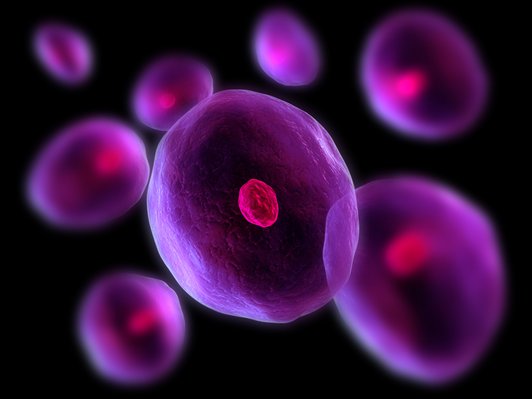
Molecular Targets and Therapeutics Center Signaling and Translation
The Research Unit (RU) “Signaling and Translation” (SAT) investigates how key cellular signaling pathways control health and disease. Our aim is to understand how physiological signaling maintains homeostasis and triggers efficient responses to environmental changes or immune challenges. At the same time, we elucidate how defective or aberrant signaling pathways are contributing to autoimmunity, inflammation, or cell death, which can trigger human pathologies such as diabetes and cancer. We fill the gap between basic science and clinical innovations by providing direct access to technologies and expertise that will foster translation of new discoveries into pioneering targeting strategies. Thus, in SAT we develop new therapeutic concepts to improve treatment of common and unmet medical needs.
The Research Unit (RU) “Signaling and Translation” (SAT) investigates how key cellular signaling pathways control health and disease. Our aim is to understand how physiological signaling maintains homeostasis and triggers efficient responses to environmental changes or immune challenges. At the same time, we elucidate how defective or aberrant signaling pathways are contributing to autoimmunity, inflammation, or cell death, which can trigger human pathologies such as diabetes and cancer. We fill the gap between basic science and clinical innovations by providing direct access to technologies and expertise that will foster translation of new discoveries into pioneering targeting strategies. Thus, in SAT we develop new therapeutic concepts to improve treatment of common and unmet medical needs.
Our Aims
- analyze physiological signaling pathways for maintaining health
- determine pathological signaling processes leading to diseases
- define key targets for therapeutic intervention
- discover drug candidates for clinical translation





























